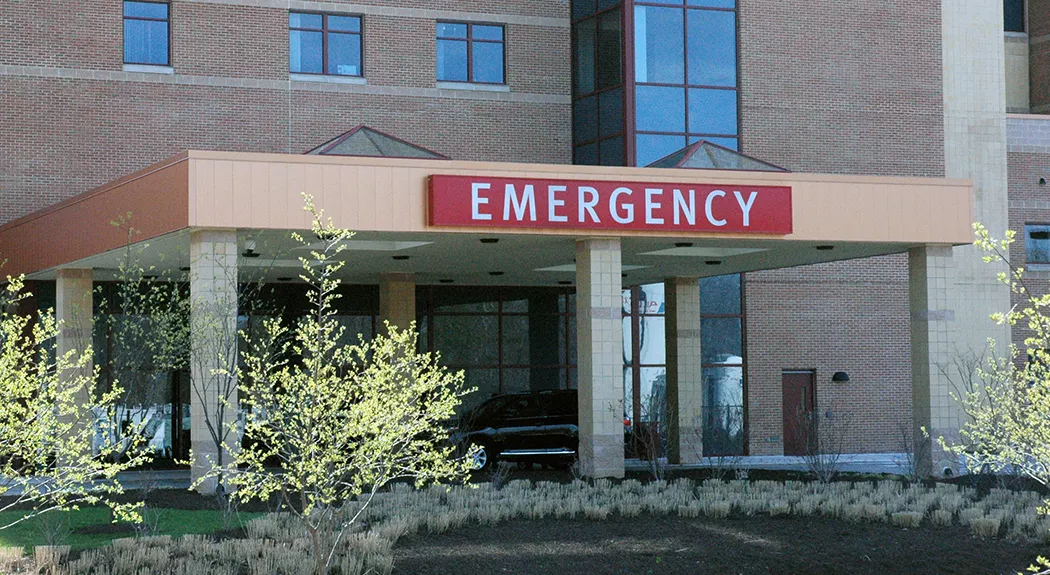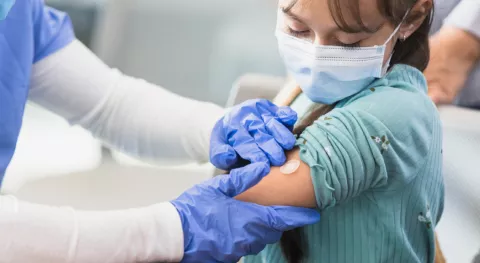The current coronavirus pandemic is taking its toll on the community, changing our behaviors in many profound ways. Of all the behaviors the pandemic has changed, seeking care in the ER when you have a medical emergency should not be one of them.
It’s troubling to think there may be people who are avoiding emergency rooms even though they may be suffering from serious injuries or illness not related to COVID-19. It’s unclear how many may be suffering at home instead of seeking the essential care they need, but we do know that this is occurring.
Perhaps people are misunderstanding the shelter warning or are afraid to come in for fear of catching COVID-19. Or, there may be some who worry they’ll be an unnecessary burden on our health care system and altruistically want us to conserve our medical supplies and resources.
No matter the reason, this is resulting in an “I’ll wait it out” mentality that puts your health at risk.
Now is not the time to dismiss what could be the early warning signs of a heart attack or stroke. Receiving timely care is essential. Diagnosing and treating heart attacks and strokes as early as possible leads to the best possible outcomes.
Don’t dismiss severe gastrointestinal issues, severe pain or shortness of breath. Or, skip seeking care for traumatic injuries and lacerations.
Among the symptoms best evaluated in an emergency room are:
- Chest pain or difficulty breathing
- Weakness/numbness on one side
- Slurred speech
- Seizures
- Fainting/change in mental state
- Severe headache (the “worst headache of your life”)
- Serious burns
- Severe abdominal pain
- Head or eye injury
- Broken bones or dislocated joints
- Unexplained or persistent high fever
- Severe cuts that may require stitches
- Suicidal ideation
- Vaginal bleeding or abdominal pain with pregnancy
When you delay necessary care, you come to us in the ER with a situation that could have been addressed earlier yet is now a much more complicated or debilitating injury or illness. It could be too late to prevent long-term damage or even death.
I cannot emphasize enough how much care has been taken to ensure that you are not exposed to COVID-19 while being treated in the ER. Specific processes are in place to separate our non-coronavirus patients from those who are known or suspected to have COVID-19.
If you think you may have a medical emergency, you should not hesitate to come to the ER. Your health is too important.
Our area emergency rooms are open and ready to provide safe care for you.
Author
 Michael Remoll, MD
Michael Remoll, MD, is the director of emergency services at Anne Arundel Medical Center in Annapolis.





